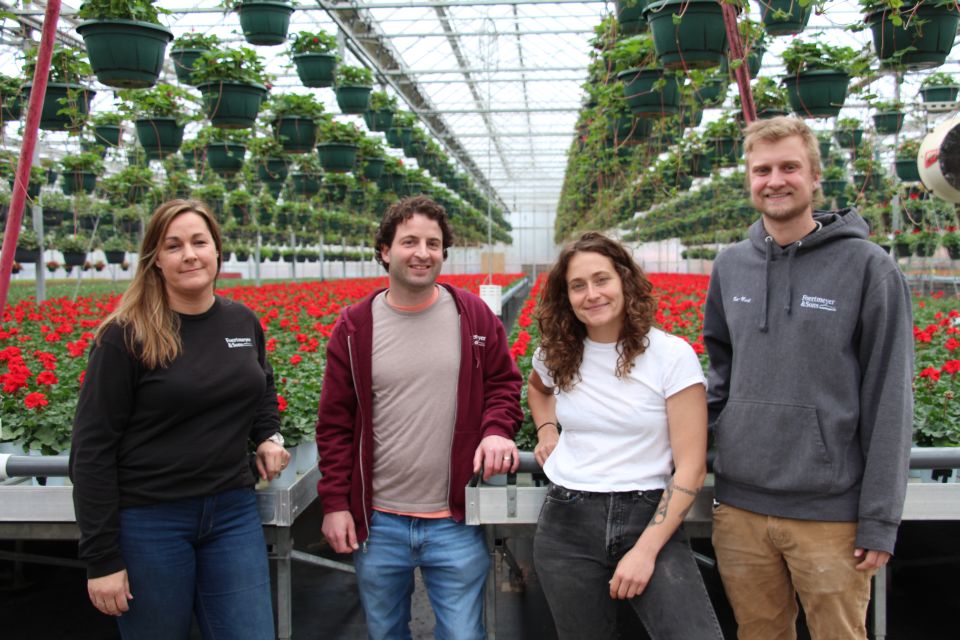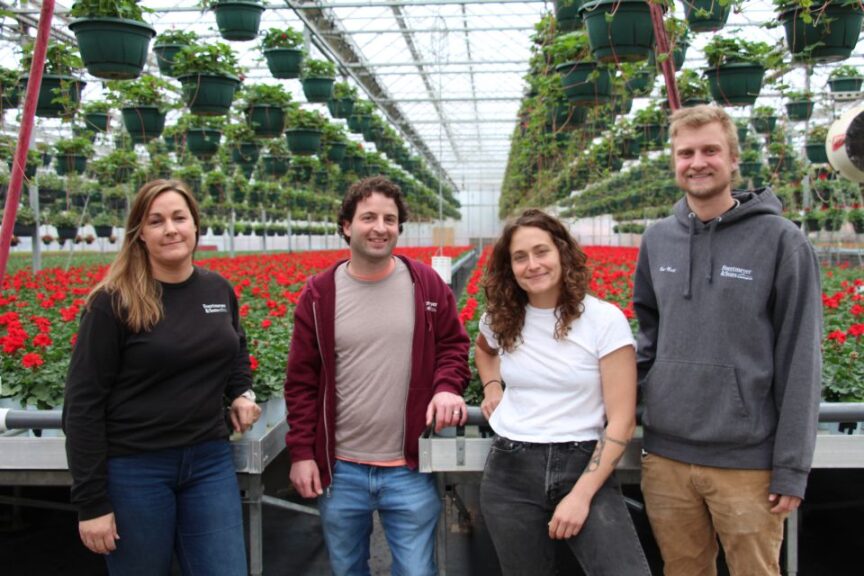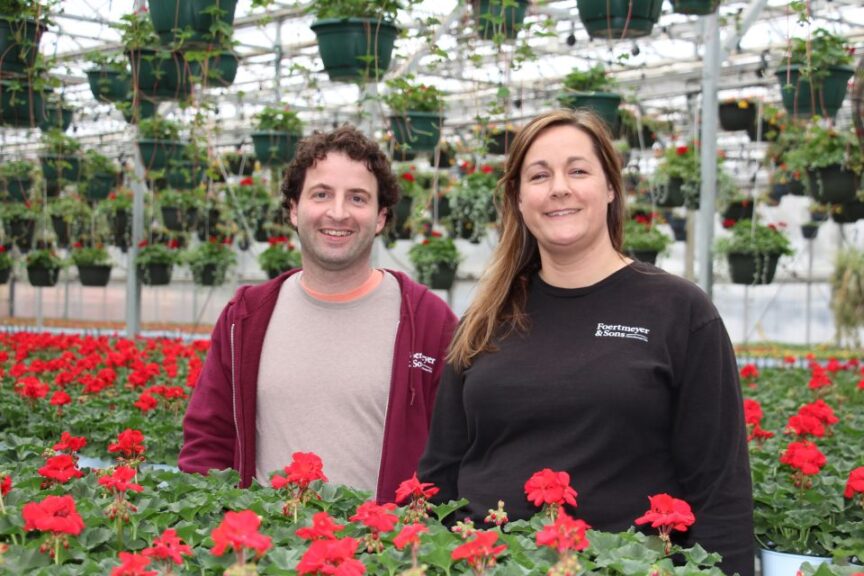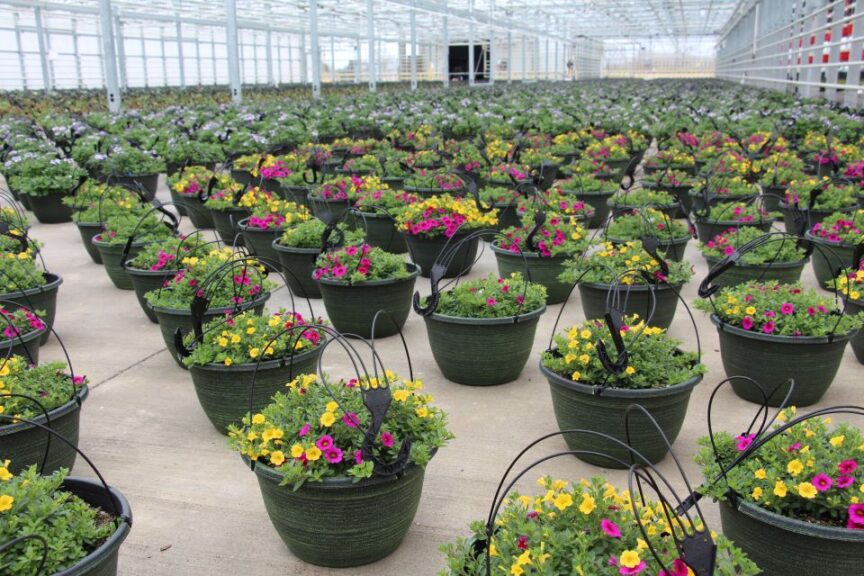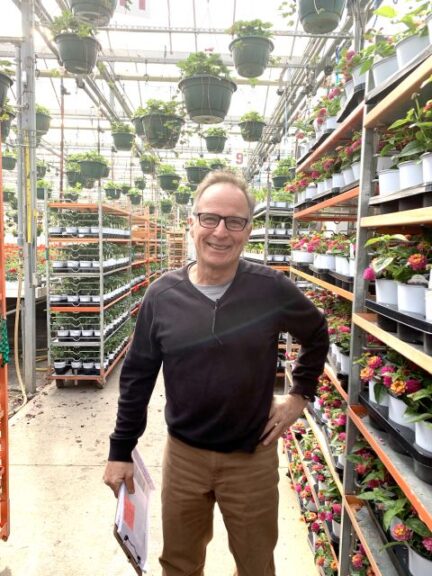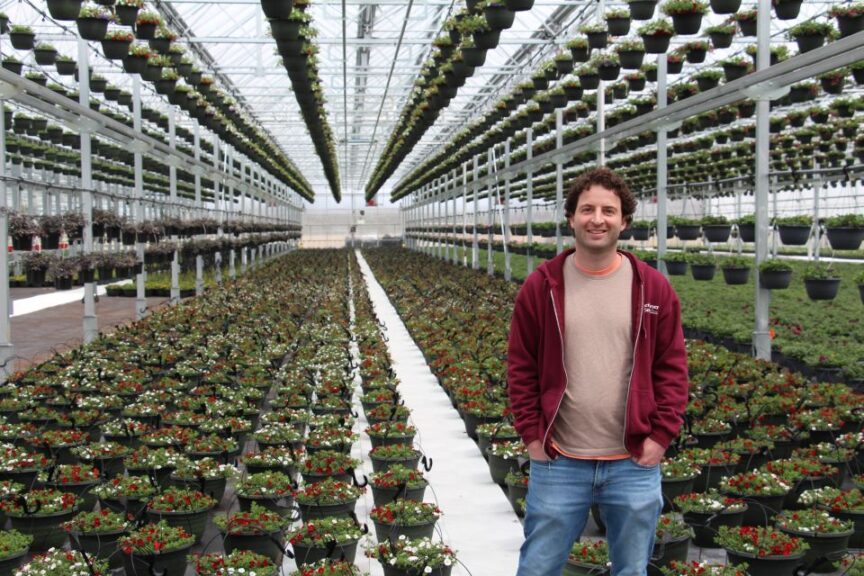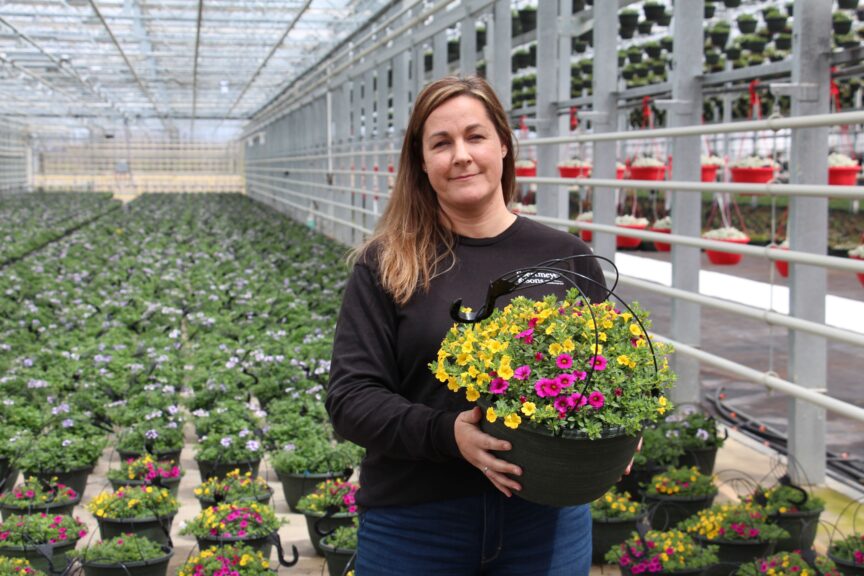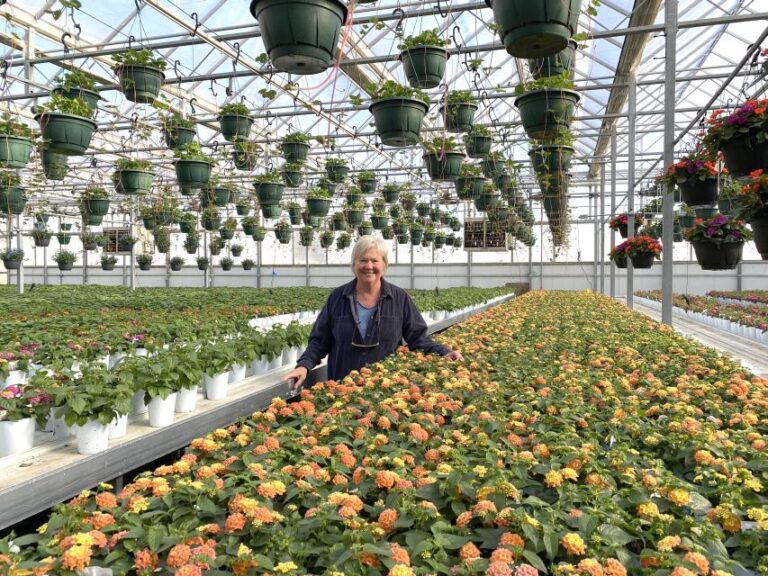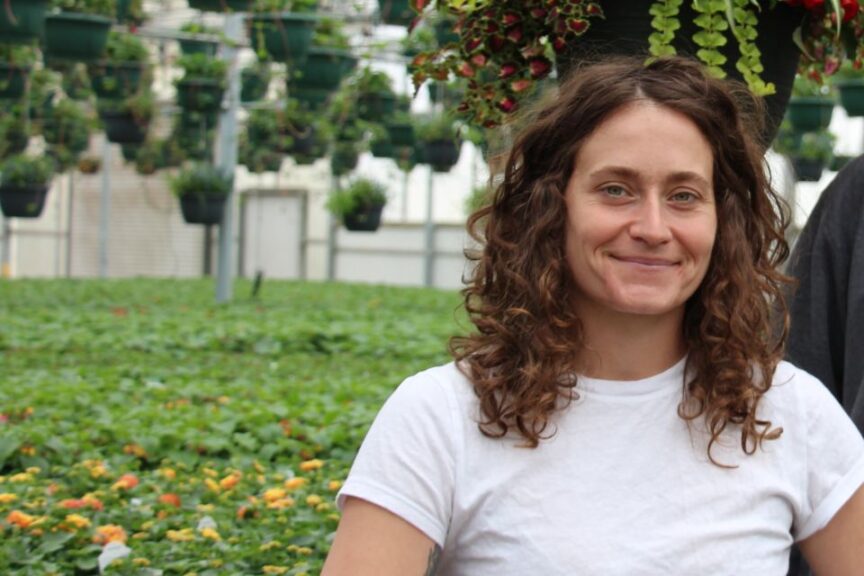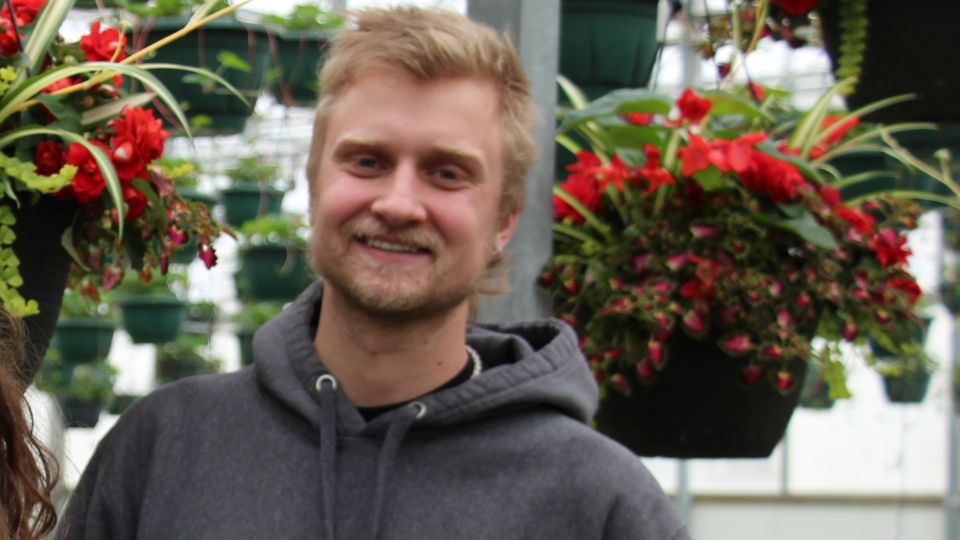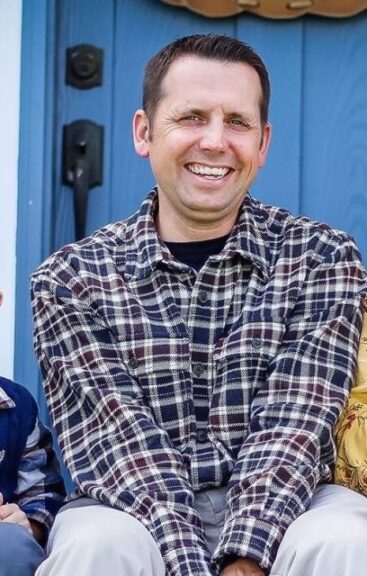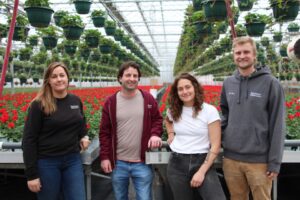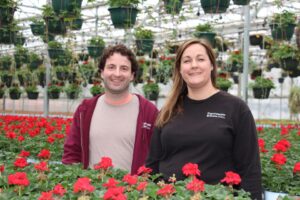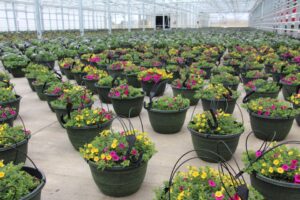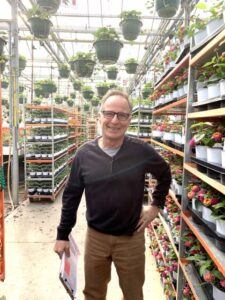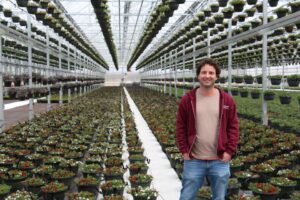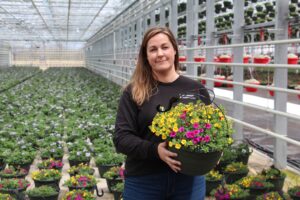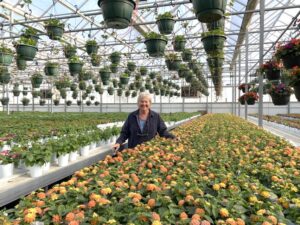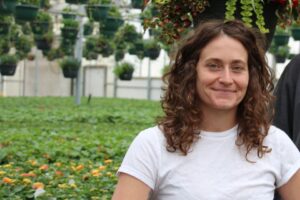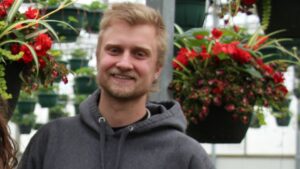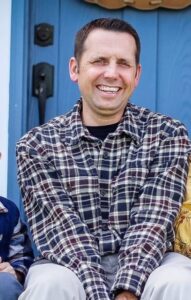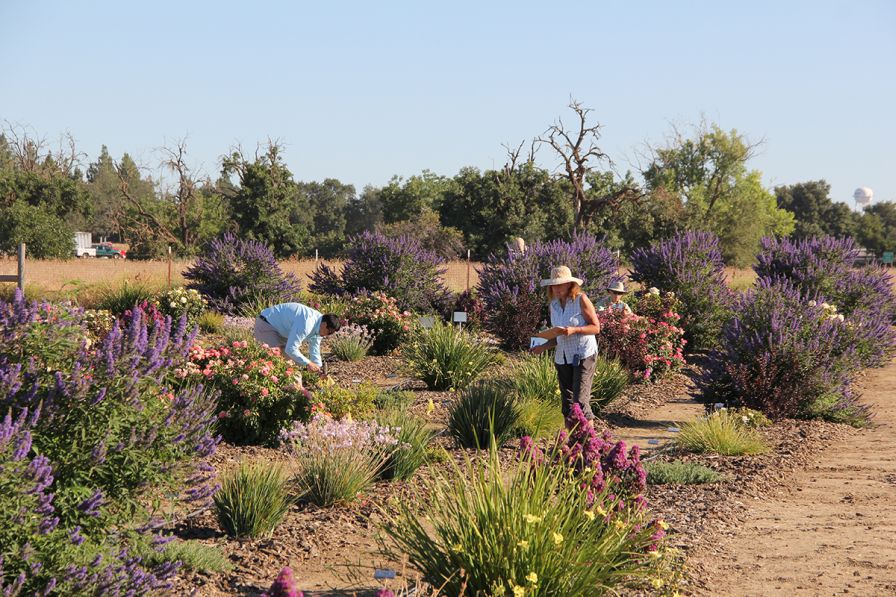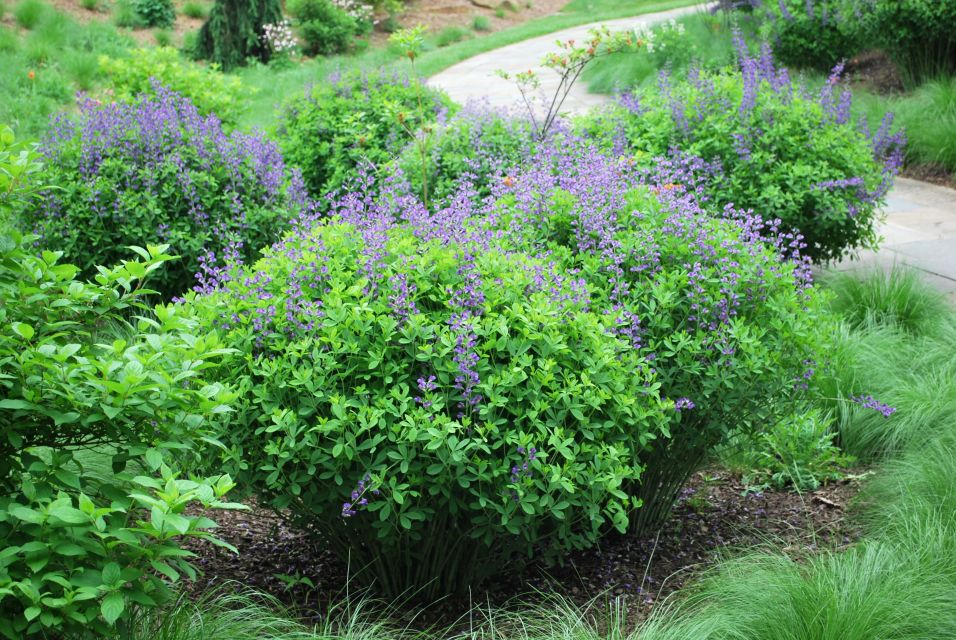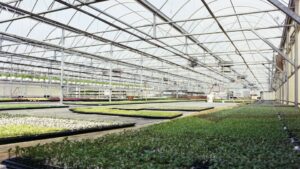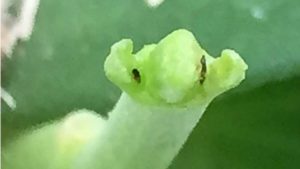Learn the Ways Foertmeyer & Sons Focuses on Future Success
Foertmeyer & Sons Greenhouse Co., a 21-acre greenhouse operation in Ohio, is a great example of how a mid-sized company can be innovative in several areas. For more than 30 years, Foertmeyer & Sons has been focused on making sensible investments in technology and crafting production processes that work well for both the team and the plants. It’s a strategy that has the company primed for long-term success.
Founded in Delaware, OH, in 1988 by Mark Foertmeyer, the company started out with 6 acres of annuals and perennials production. In early 2020, the company purchased the greenhouse facilities and property of Schmidt Bros. in Swanton, OH.
Narrow Market Helps with Planning
One of the unique things about Foertmeyer & Sons is that most of its customer base is fundraiser programs through schools and other charitable organizations.
“The idea came up in a marketing class I was part of at The Ohio State University’s Agricultural Technical Institute,” says Mark Foertmeyer. “It really resonated with me, and it’s amazing what that one idea has produced.”
Matt Foertmeyer, Mark’s son and Head Grower at the Delaware location, says from a growing and production perspective, this narrow market base helps the company hone in on specific crops to grow.
“A lot of operations have hundreds of stock keeping units (SKUs), but our program each season is usually 30 to 35 items,” Matt says. “As a growing team, it’s allowed us to not only perfect the large-scale crops that we grow, but also be more efficient in the way that we utilize our labor and our time.”
Plus, while spring can bring unpredictability for some (especially in the last two years), Foertmeyer & Sons is able to set a schedule when the season starts and stick to it.
“There’s not this demand of having to fill different orders for different customers each day,” says Matt. “The schedule is already laid out, and as a team we just have to plan ahead and make sure we can implement that schedule.”
The COVID-19 pandemic certainly presented a challenge for Foertmeyer & Sons, with most schools being unable to accept order deliveries. However, wholesale still makes up a sizable portion of the Swanton location’s market share, and with the booming demand for plants during the pandemic, the team was able to offload most of its orders that had been designated for fundraising.
“It showed us that diversity is still important,” Matt says.
Building an Expert Team
Producing the perfect crop starts with setting up the team to grow it, which is why Foertmeyer & Sons focuses on matching the right people with the right position.
“What we really try to do is find out not only what people are good at, but what they’re passionate about, and put them in a position where they can apply that passion,” Matt says. “We believe if they’re doing something that they truly love, that’s how they’re going to find the most success.”
Lyndsey Rico, the Head Grower at Foertmeyer’s Swanton facility, says this philosophy begins at the recruitment and hiring stage.
“When we do career days at our local high school or set up internships with Owens (a local community college), it’s exciting to talk to those young people about the different segments of the industry, whether it’s growing or technology,” Rico says.
Once someone new is on board, the training process is critical, with the ultimate goal of helping them reach their full potential and then some.
“When I train people, I’m not training them because I want to do less work myself. I’m training them because I want them to be the best version of themselves and eventually be better at their job than I’ll ever be,” Matt says.
Lynn Miller, a longtime grower at Foertmeyer & Sons’ Delaware location, credits Matt’s training ability as being more about teaching than anything else.
“There’s a difference between training and teaching that Matt understands. And his patience in working with people in their different departments really helps them grow,” Miller says.
“If we could have any advantage in the industry, I would want it to be our people,” Matt says. “Even more than having a state-of-the-art facility and the best plants in the industry, I want to have the very best people possible.”
Trial and Error Brings a Better Crop
One of the primary goals at Foertmeyer & Sons is to produce a high-quality crop while managing pests with an IPM-based biologicals program, with the understanding that the two do not have to be mutually exclusive. Joe Stasa, IPM Specialist and Propagation Manager in Swanton, has been one of the main drivers behind this approach.
“We have a good scouting program that helps us know what we’re looking at, so we’re not just applying harmful materials that would hurt both the bad bugs and the good bugs,” Stasa says.
Matt Foertmeyer says one of the main motivators for learning more about how biocontrols work was the questions the company was getting about whether it used neonicotinoids.
“Not only did we want to reassure our customers we weren’t using harsh chemicals, we also wanted to prove we could manage pests safely while still producing really nice plants,” Matt says. “Since we’ve gone down that road, we’ve been able to use it as a competitive advantage.”
Matt also says the most technically challenging part about being a grower is running a successful biologicals program because you’re almost trying to create a perfect ecosystem, not only for your plants, but also for your bugs.
“If you screw that up, you end up not only having low-quality plants, but low-quality plants that are full of bugs,” Matt says. “It takes a lot of work, a lot of energy, and the right people like Joe and Christina Tomashuk (IPM specialist in Delaware) to do it right. It is a full-time job and requires a certain level of attention.”
It may also require, along with other production processes at Foertmeyer & Sons, trial and error. That’s just fine with Annie Glaser, Grower/Production Manager in Delaware, and Nick Sobecki, Head Propagator in Delaware.
“One of our biggest keys to success as far as introducing new plants is the fact that we do trial so many things, whether it’s an entire new plant or a new variety,” Sobecki says. “We want to see how it performs, and how we can potentially make it better the next year.”
Glaser echoes these sentiments.
“We’ve trialed a lot of different production methods and varieties; it’s the best way to learn something new,” she says.
Matt Foertmeyer encourages this approach with his growers.
“They’ll often come to me wanting to try something new,” he says. “Almost every time, my answer is yes, because it could ultimately become a new best practice for us.”
Smart Technology Investment
The Foertmeyer & Sons team is not afraid to add new technology, as long as it fills certain needs. Some of these recent innovations include a potential future investment in a sub-irrigation floor from Netherlands-based ErfGoed, a new shipping software that will improve trucking and transportation efficiency, and soil moisture sensors (learn more about that innovation here).
“When we decide whether we’re going to add something new, we ask two questions: is it going to produce better plants, and is it going to help us be more efficient,” Matt says. “If the cost of the technology ends up being less than the benefits we see from the answers to those two questions, the answer is usually simple.”
Mark adds a third question: “Can it help us move our people to more rewarding jobs and help them focus on what they really do well, while eliminating the menial tasks they had been doing?”
For Rico, it’s exciting to work for a company that is always thinking ahead in terms of technology.
“We’re always looking for ways to do things more efficiently and reduce labor, and implementing those things gives us that ability,” she says.
Optimistic for the Future
Moving forward, Foertmeyer & Sons faces many of the same challenges that other growers face: supply chain issues, labor shortages, and the continued importance of maintaining its IPM program (Stasa notes the company has started ordering biological products in bulk so it is not left empty-handed in the middle of the growing season). Yet despite these challenges, there’s certainly a sense of optimism.
“One thing we’re constantly vigilant about is making sure that as we grow, hire more people, and move faster as a team, our quality doesn’t suffer,” Matt Foertmeyer says. “It’s not just Lynn and I managing a couple acres of greenhouses anymore. It’s a big operation, and you need good people to run it, which thankfully we have.”
For Mark Foertmeyer, the biggest challenge is the unpredictability of doing business in a fast-paced world today.
“But I am still optimistic because we’re focused on becoming better at what we do, to the point where we can also try to help other growers,” Mark says. “We have some really great opportunities ahead.”




